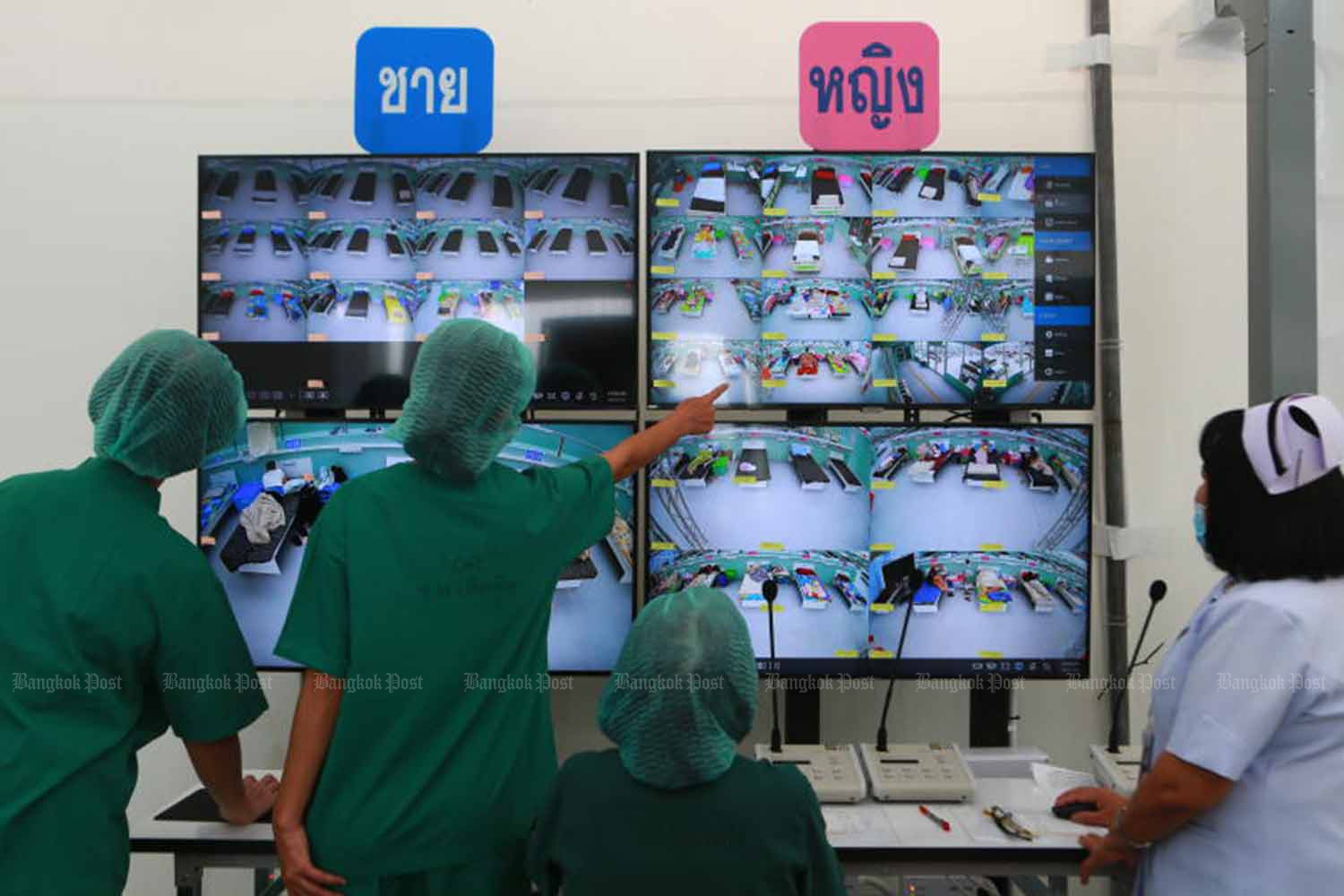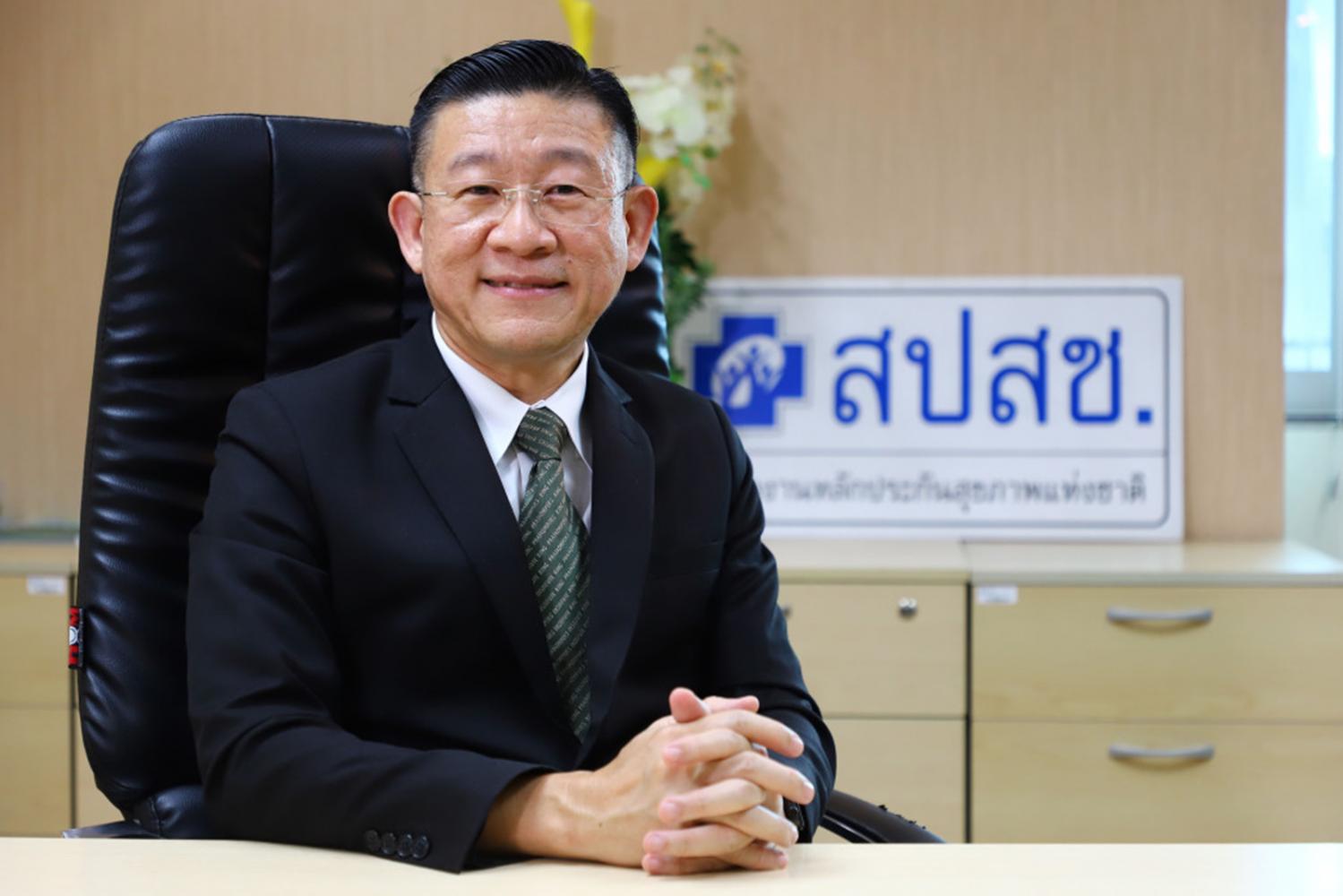
The work-life imbalance among Thailand's medical personnel needs a solution. The latest example came from a doctor-turned-actress who posted on her Facebook that her overloaded work schedule at a provincial hospital ruined her life so much to the extent that she quit the job.
The challenge remains with the Public Health Ministry on how to create a better and fairer working environment for doctors and medical staff nationwide, while maintaining best practice in medical care at public hospitals.
Jaruayporn Srisasalux, deputy director of the Health Systems Research Institute (HSRI), said the situation was a pain for the public health system.
She said the attitude towards work among younger generations has changed. Younger people focus more on work-life balance and prefer to leave for a new place that can fulfil their requirements.

Moreover, doctors think the income they earn in state-owned hospitals is not sufficient reward for the heavy workload. An average salary for a general doctor in a state hospital is around 50,000 baht but they can get paid double in a private hospital.
She said one solution is hiring more doctors to make up for the shortage, but in reality, this cannot be done in state-owned hospitals due to a limited budget, and some regulations that make solutions difficult to implement.
The Ministry of Public Health, according to her, should extend a model adopted at Banphaeo General Hospital (Public Organisation) to other hospitals nationwide.
She said Banphaeo General Hospital transformed from a state-owned hospital to a public organisation in 2000. At that time, the government had a policy for bureaucratic reform, aimed at reducing the state's budget.
This means the hospital is independently managed by professionals and can expand its business line to generate more income and hire additional doctors and other medical personnel.
It has more flexibility to deal with various problems including the shortage of staff and budget, she said.
She also pointed out another problem which occurred when the issue of public health was politicised. The government at that time followed the principle that every citizen could have access to medical treatment under the universal healthcare scheme, known as the 30-baht universal healthcare scheme.
"The policy was designed to serve 49 million people holding the universal healthcare card without a proper screening process. Not all are poor. The policy must be revised to make sure it will not bring any harm to the country's public health system in the long run," she said.
When asked about the shortage of doctors, she said increasing earnings, improving welfare and guarantees of career progress will help attract more doctors to stay with government hospitals.
According to the ministry, there are 60,000 doctors nationwide, 24,649 of whom are working under the ministry.
The ratio of doctors to patients currently stands at 10.27 doctors per 10,000 people, compared with almost 25:10,000 in Singapore, Japan and South Korea, and 30:10,000 in the UK.
Meanwhile, Dr Attaporn Limpanyalert, deputy chief of the National Health Security Office (NHSO), said the NHSO is aware of the problem of overworked doctors and medical staff and has been trying its best to reduce the burden.
On Oct 1, the NHSO will adjust its database system to help doctors reduce the time spent on administrative processes.
In the meantime, the NHSO will work with private hospitals to provide more beds to patients who have universal healthcare cards. Currently, only 100 out of about 1,000 private hospitals in the country work with the NHSO.
About 500 beds are now available and the number is expected to reach 1,000 beds shortly, he said. The NHSO also has worked with 1,000 pharmacies nationwide to provide primary care to patients with mild illnesses to reduce the number of patient visits to the hospital.
"We will do our best to find out the best solutions for all parties," he said.

Dr Chutinart Chinudomporn, a coordinator of the Thai Frontline Physician Union, said she was upset about the ministry's slow progress in dealing with overworked doctors and medical staff.
She said she worked 120 hours per week when she worked for a government-run hospital. Now she works for a private hospital, where she gets paid a higher salary and works about 40 hours per week.
She added that she hasn't seen any short-term move by the ministry to deal with the problem at its root. She has warned the ministry that, without effective solutions, producing more doctors will end up benefiting private hospitals in the end.
"An average of 455 doctors resign from state-owned hospitals nationwide per year. If there is no strategic policy to fix the problem, we will not see a light at the end of the tunnel," she said.








